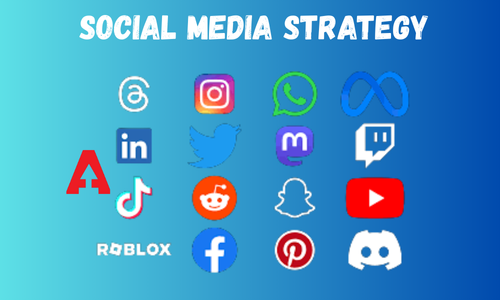A 2022 research study asked 154 participants (average age of 29.6 years) to either stop using social media for one week (Facebook, Instagram, Twitter, and TikTok) or to continue using it as usual. The group who took a break from social media experienced significantly reduced anxiety and depression, along with greater well-being.
Among university students, one study of 555 participants showed that a one-week break from social media significantly decreased stress levels, especially for people who used social media excessively.
A 2022 research study of girls ages 10-19 demonstrated that a three-day social media break significantly lowered their body surveillance (for instance, worrying about whether their clothes were flattering to their bodies) and body shame and increased their self-compassion.
Why Social Media Breaks Boost Mental Health
Using social media often involves comparing yourself to others, and it can generate appearance comparisons, career frustration, and envy. One reason that decreasing social media use can improve mental health involves self-criticism. Social media use can increase self-criticism, a common mental habit that is linked with many mental health issues such as anxiety, depression, substance use, eating disorders, and self-harm.
Strategies to Decrease Social Media Use
Both “software” and “hardware” strategies can help people manage their social media use. For instance, one “software” approach would be to delete the apps on your phone but keep them on a laptop or desktop computer. Similarly, switching your phone to grayscale can reduce usage.
A hardware approach could involve keeping your phone further away from your body (for instance, in a specific spot in your house, as with old-timey phones) rather than in your pocket or trying to flip a phone for a month.








